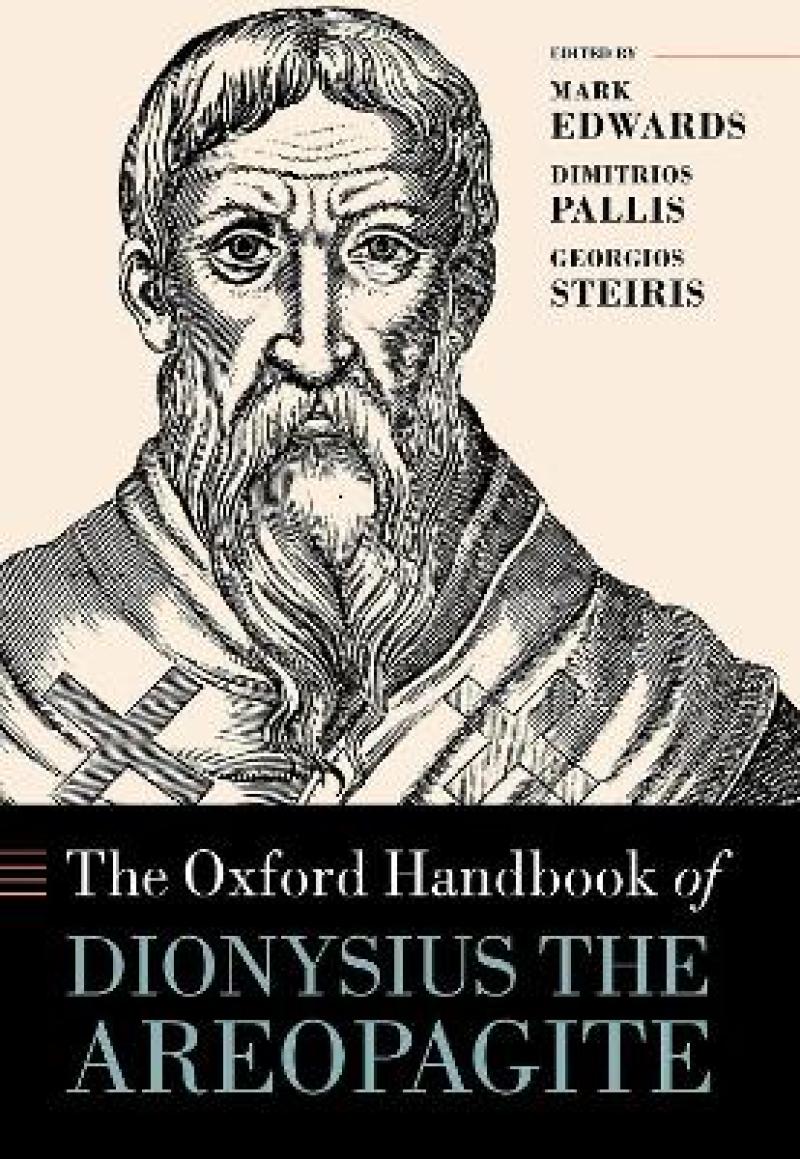The Oxford Handbook of Dionysius the Areopagite surely represents one of the most complete and variegated texts on the reception of Dionysius we have at our disposal in scholarship, also managing to give the readers a consistent overview of the philosophy and theology of the author.
Clelia Attanasio, Clare College, Cambridge University, Heythrop Journal
The Oxford Handbook of Dionysius the Areopagite is definitely a must read for everyone interested in this important and enigmatic figure of late antiquity, whose ideas have been so influential, yet often even controversial, for the past fifteen centuries. The handbook definitely justifies its title, as it is a volume useful as a comprehensive introduction to the Areopagite, but it will also be a valuable asset to those already initiated into the Dionysian thought. Thus, I am sure that this book will be a must read for both specialists, as well as all those interested in late antique studies, church history, and ever exciting relationship between ancient philosophy and Christian theology.
Filip Ivanovic, Society of Biblical Literature
Numerous and varied merits
GUSTAVO RIESGO, Revista Española de Filosofía Medieval
... a scientific approach that was necessary and creates bridges between traditions, confessional backgrounds and cultures and comes to speak about the multiple values of the works written by the authors from the beginning of Christianity.
Fr. PhD. Iuliu-Marius Morariu, "Babeş-Bolyai" University, Cluj-Napoca, Romania, Studia Monastica
this volume constitutes an excellent Dionysian synthesis
Gustavo Ángel Riesgo, Revista Española de Filosofía Medieval
The major merit of this book, offering a different picture of what can be described as a spiritual, philosophical, and cultural legacy, is due mostly to the new exegetical and hermeneutical research instruments...so the Oxford Handbook of Dionysius the Areopagite should be seen as a hallmark for the future reassessments in approaching philosophizing patterns of the Christian West vs. the Christian East, as of Medieval vs. Modern mind.
Corina Domnari, Institute for the Study of Values and Spirituality, Methexis Journal
The Oxford Handbook of Dionysius the Areopagite is a well-constructed and attractive contemporary guide not only for scholars doing research on the Corpus Dionysiacum (henceforth CD), but also for those who belong to a wider readership and are interested in ancient thought.
Katelis Viglas, Byzantina Symmeikta 33
The volume edited by Georgios Steiris, Professor of Medieval and Renaissance Philosophy at the National and Kapodistrian University of Athens, Dimitrios Pallis, independent researcher of Christian Platonism of Late Antiquity and modern Greek theology, and Mark Edwards, Professor of Early Christian Studies at the University of Oxford, and for the publication of which a number of experts with international recognition collaborated, includes essays that examine the relationship of the Areopagite with earlier and later authors of the East and the West. Furthermore, the stance of Luther and his descendants towards the Dionysian corpus is studied, as well as the echoes of the latter in modern theology and philosophy.
George Kranidiotis, The Anthropos
The Oxford Handbook of Dionysius the Areopagite is a welcome addition to Pseudo-Dionysian studies.
Sarah Klitenic Wear, Church History
Editors and copy editors worked carefully on this large volume. It is a model for handbooks.
Sarah Klitenic Wear, Church History
This Handbook is undoubtedly one of the rare instances where the meticulous study of an ancient author does not end up resembling an operating room dissecting a lifeless body.
Haris Papoulias, Reseñas
This is an attractive edition in terms of both its technical and material features. Its contents can benefit specialists in Dionysian studies, as it covers the essential elements needed to understand the intellectual content and background of the Areopagitic writings, as well as numerous facets, both known and unknown, of their reception history. This volume will be a useful resource for research for many years to come, while also serving as an aid for anyone interested in understanding the relationship between philosophy and theology in the Christian tradition or studying religion in the ancient world and its influence on modern European thought.
Dimitrios Baltas, Medieval Mystical Theology
